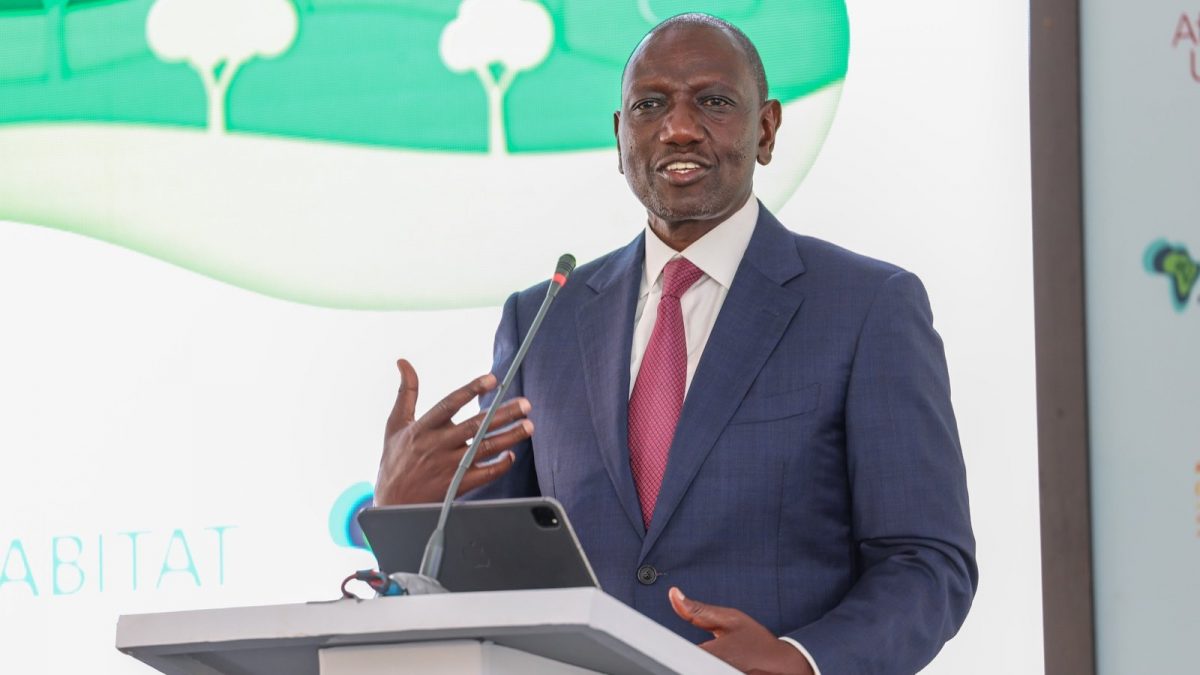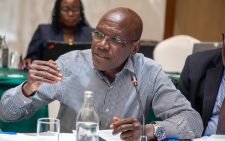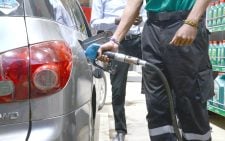Kenya’s basket of goodies from Africa climate forum

Kenya has emerged from the inaugural Africa Climate Summit with a bag full of financial goodies that are expected to build the country’s resilience to climate risk and boost sustainable livelihoods.
The country was able to draw direct investment, pledges and debt swaps from United States Agency for International Development (USAid), European Union (EU) and Germany.
The pledges made at the just concluded climate summit involve provision of financial resources for initiatives that will help mitigate the impact of climate change on the country’s economy and its people. Contained within the basket is a $1.4 million (Sh204 million) facility from USAid, to support the country’s development of a framework to support voluntary carbon market.
The EU has also promised a €13 million (Sh2 billion) grant for investment in Kenya’s hydrogen strategy and roadmap, while the Germany government has pledged a $65 million (Sh9.5 billion) debt swap in exchange for commitment by Kenya to invest in green fund projects.
The deals are a shot in the arm for President William Ruto’s ambitious plan for Kenya to ramp up its clean energy strategy by phasing out fossil fuels for electricity by 2030.
During his inauguration last year, Ruto said that climate change will be key to his administration’s agenda and that Kenya must act urgently to keep global heating levels below 1.5 Celsius, help those in need and end addiction to fossil fuels.
Part of the initiatives currently in the pipeline include an amendment to the Climate Change Act, 2016 through the Climate Change Amendment Bill, 2023 to provide a legal framework for the establishment and operation of carbon markets and enable Kenya trade in carbon credits.
A voluntary carbon market is a marketplace where private investors, governments, non-governmental organizations and businesses can voluntarily purchase carbon offsets to offset their emissions.
The Sh2 billion grant by the EU sets Kenya on the path to developing a hydrogen capacity and achieve the country’s renewable energy goals, decarbonise its industries and attract investments as well as create jobs.
“The Green Hydrogen strategy prioritises economic expansion, generation of job opportunities, and promotion of environmental stewardship and charts a course for Kenya to harness the potential of green hydrogen as a key driver of energy transition,” President Ruto said at the Climate Summit. Green hydrogen economy will enhance food security, including the expansion of green production of Kenyan tea, coffee, horticulture, floriculture, and grains, he said while unveiling the Strategy and Roadmap for Kenya.
The realisation of the strategy will be carried out in collaboration with Global Gateway, Europe’s investment initiative for global sustainability.
The EU package is expected to stimulate public and private investments in the sector. Global Gateway aims to invest €3.4 billion (Sh531.5 million) in climate and nature projects in Kenya from renewable energy development to sustainable agriculture and climate resilience.
The strategy targets $1 billion (Sh146 billion) in direct investment. It will also create an estimated 25,000 direct jobs and the avoidance of at least 250,000 tonnes of carbon dioxide emissions per year.












